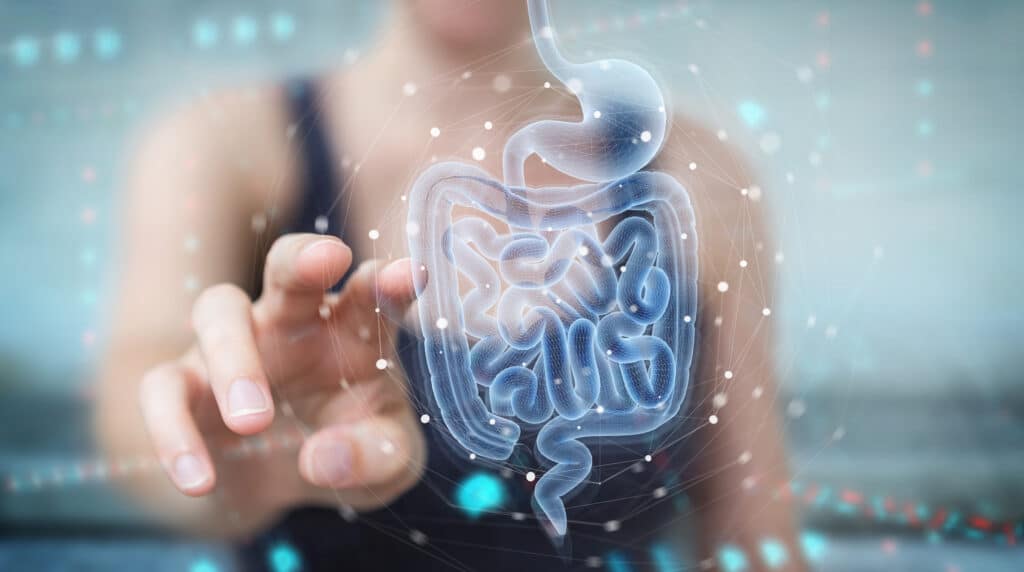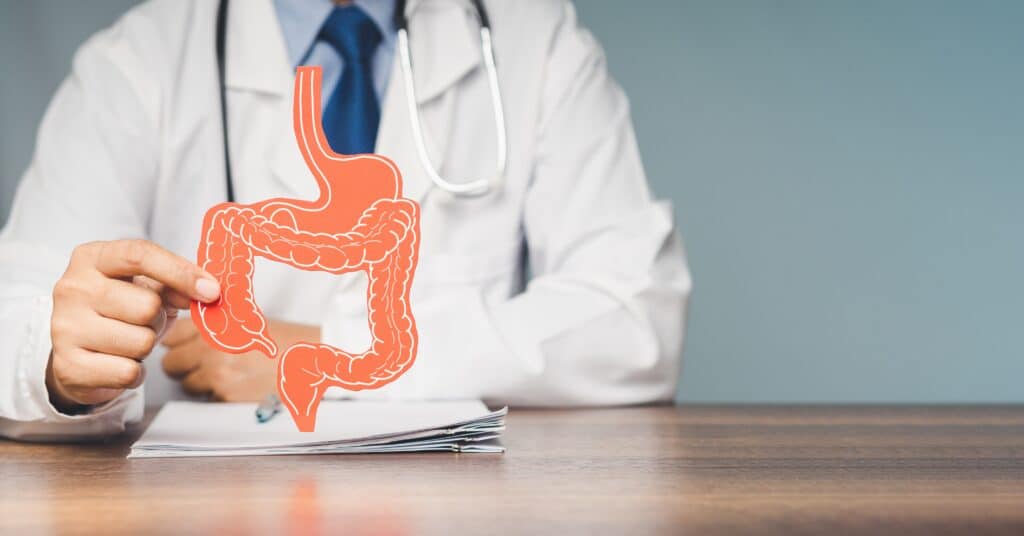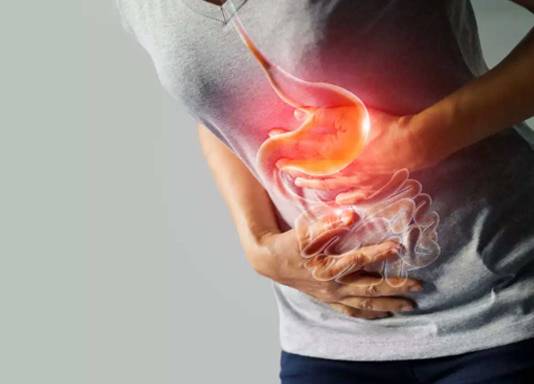
Dr. Sebastian Cuzincu
Gastroenterology and Internal Medicine
Liver Elastography – an advanced medical imaging technique designed to assess the health of your liver with precision and non-invasiveness.
Liver Elastography – an advanced medical imaging technique designed to assess the health of your liver with precision and non-invasiveness. In this guide, we will delve into the intricacies of Liver Elastography, covering topics such as the procedure, benefits, and why it has become an essential tool in liver health assessment. At German Medical Center, we prioritize your well-being, and Liver Elastography is one of the many innovative services we offer to ensure your liver stays in optimal condition.
What is Liver Elastography?
Liver Elastography is a cutting-edge medical imaging technique that measures the stiffness or elasticity of liver tissue. Unlike traditional methods that may require invasive procedures, Liver Elastography utilizes ultrasound technology to provide accurate and real-time information about the liver’s condition.
Our team of experts are passionate about providing only the best quality care and treatment to their patients.

Gastroenterology and Internal Medicine
A cutting-edge medical technique that plays a crucial role in diagnosing and treating disorders of the bile ducts, pancreas, and gallbladder....
Abdominal pain can be a symptom of a wide range of medical conditions and can manifest in different ways depending on the...
Colorectal cancer (CRC) is a type of cancer that affects the colon or rectum. It can develop from small growths called polyps in...
Stomach cancer, also known as gastric cancer, can cause a range of symptoms. However, it's important to note that not everyone...
Liver cancer is a serious and potentially life-threatening condition that requires prompt diagnosis and treatment....
Colon polyps are usually detected during a routine colonoscopy. During the procedure, a long, flexible tube with a camera on the...
Pancreatic cancer often does not cause symptoms in its early stages....
Gastrointestinal Stromal Tumor of Stomach (GIST) is a rare type of cancer that affects the digestive system, particularly the...






Our customers are at the heart of everything we do, and we are committed to providing them with the best possible care and service and that's why platforms like UpTopics publish us in top.


(4.5)
Based on 174 Google Reviews

Partner with:
Partner with:


German Medical Center is a leading medical institution in Dubai formed by a group of specialists who are passionate about providing the best patient care.
Fill out our easy online form to book an appointment with German Medical Center. Our team of experts is dedicated to providing you with personalized care and guidance every step of the way. Don't wait, take charge of your well-being and schedule your appointment now!